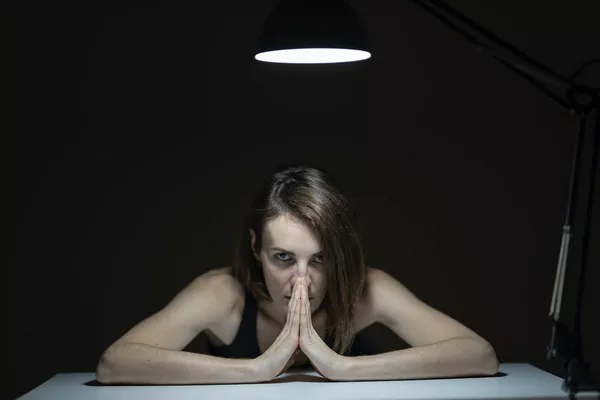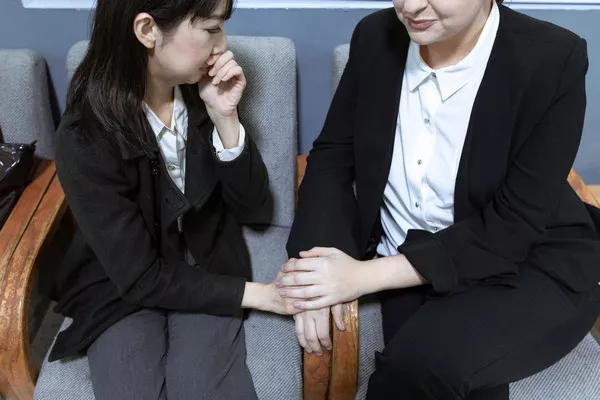Social anxiety is a common mental health condition that affects millions of people worldwide. While some individuals may experience severe symptoms of social anxiety, others may only have mild social anxiety. In this article, we will discuss what mild social anxiety is, its symptoms, causes, and treatment options.
What is Mild Social Anxiety?
Mild social anxiety is a type of anxiety disorder characterized by excessive self-consciousness and fear of being judged or evaluated negatively in social situations. Individuals with mild social anxiety may feel uncomfortable and anxious in social situations such as meeting new people, public speaking, or attending social events.
Symptoms of Mild Social Anxiety
The symptoms of mild social anxiety can vary from person to person. Some common symptoms include:
- Excessive self-consciousness: Individuals with mild social anxiety may be overly aware of their thoughts, feelings, and behaviors in social situations.
- Fear of negative evaluation: They may worry excessively about what others think of them and fear being judged or criticized.
- Avoidance behavior: People with mild social anxiety may avoid social situations or activities that trigger their anxiety.
- Physical symptoms: Symptoms such as sweating, trembling, rapid heartbeat, and nausea may occur when faced with a social situation.
Causes of Mild Social Anxiety
The causes of mild social anxiety can vary from person to person and may be influenced by a combination of biological, environmental, and psychological factors. Here are some potential causes of mild social anxiety:
- Genetics
Research has shown that social anxiety disorder may be hereditary. If a close family member suffers from the condition, you may be at an increased risk of developing it.
- Brain chemistry
An imbalance in brain chemicals (neurotransmitters) such as serotonin and dopamine may contribute to the development of social anxiety.
- Environmental factors
Negative experiences such as bullying or social rejection during childhood can lead to the development of mild social anxiety. Traumatic events such as abuse or neglect can also increase the risk of developing social anxiety later in life.
- Learned behavior
Social anxiety can be learned through observation of others who are anxious in social situations. For example, if a parent or caregiver expresses fear or anxiety about social situations, a child may adopt similar beliefs and behaviors.
- Personality traits
Individuals with certain personality traits such as shyness, introversion, and low self-esteem may be more susceptible to developing mild social anxiety.
- Cultural and societal pressures:
Societal pressures to conform to certain social norms or expectations can create anxiety for individuals who feel they do not fit in or meet those standards.
Understanding the causes of mild social anxiety can help individuals seek appropriate treatment and develop coping strategies to manage their symptoms. It’s important to remember that social anxiety is a treatable condition, and seeking help from a mental health professional can make a significant difference in managing symptoms and improving overall quality of life.
Treatment Options for Mild Social Anxiety
Fortunately, mild social anxiety is treatable. Treatment options typically include psychotherapy, medication, or a combination of both.
- Cognitive-behavioral therapy (CBT): CBT is a type of therapy that helps individuals identify and change negative thought patterns and behaviors related to social anxiety.
- Exposure therapy: This type of therapy involves gradually exposing the individual to feared social situations while teaching them coping strategies to manage their anxiety.
- Medication: Antidepressants and anti-anxiety medications may be prescribed to help manage symptoms of mild social anxiety.
- See Also: What therapy is best for social anxiety
Mild social anxiety can have a significant impact on an individual’s quality of life. However, with proper treatment and support, it is possible to manage the symptoms and regain control over one’s life. If you suspect that you or someone you know may be struggling with social anxiety, seek help from a mental health professional. Remember, you are not alone, and there is no shame in asking for help.
Related Topics:





























